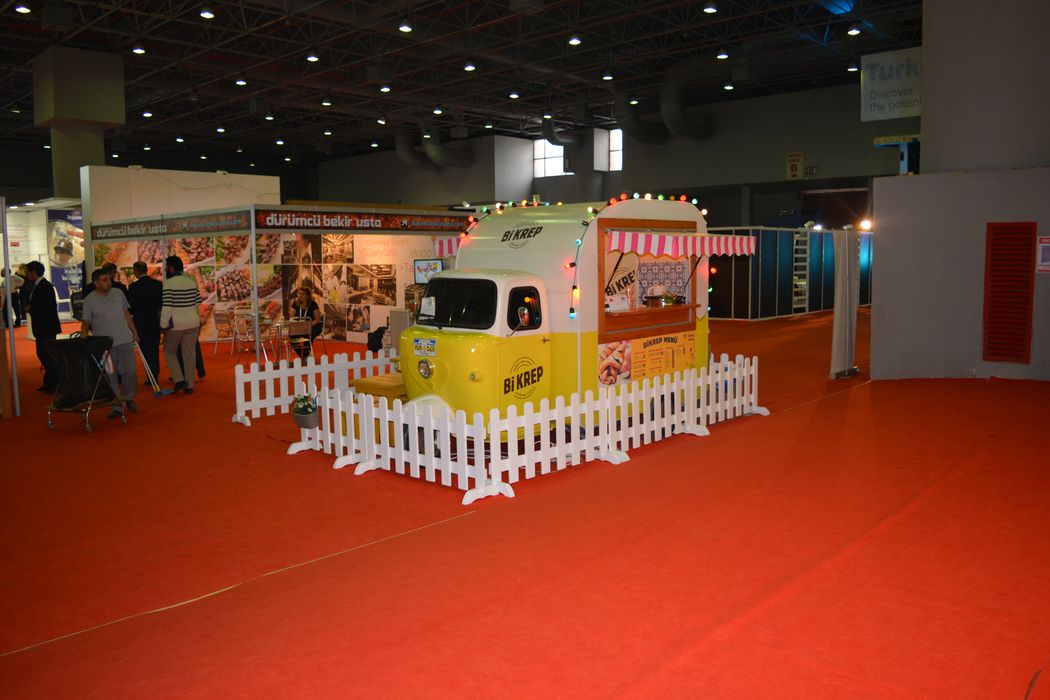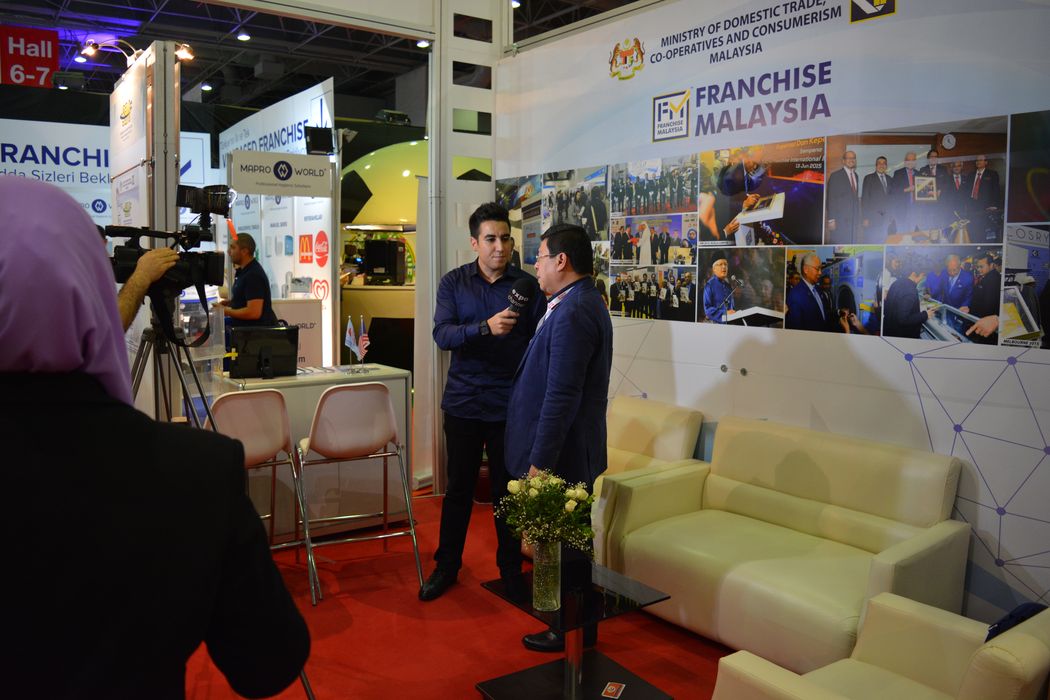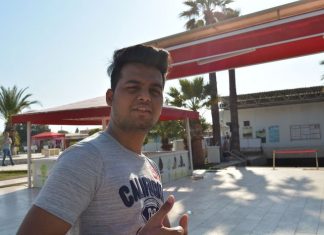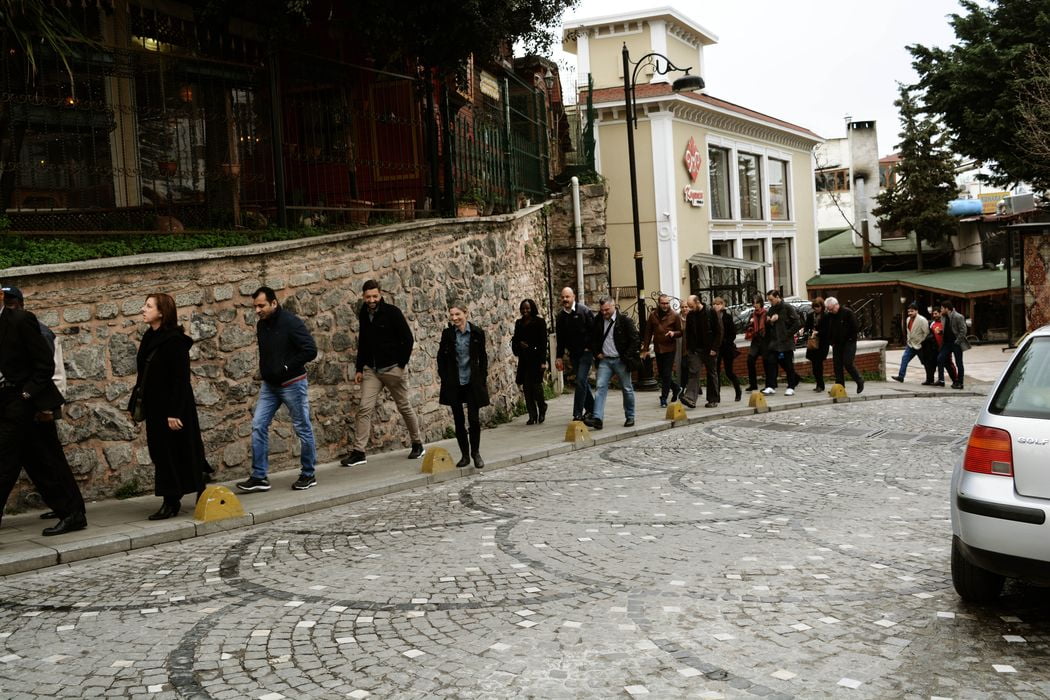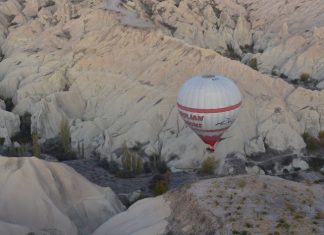From Tabuk the caravan travels with great speed night and day, for fear of this desert. Halfway through is the valley of al-Ukhaydir, which might well be the valley of Hell (may God preserve us from it). One year the pilgrims suffered terribly here from the samoom-wind; the water-supplies dried up and the price of a single drink rose to a thousand dinars, but both seller and buyer perished. Their story is written on a rock in the valley.
Five days after leaving Tabuk they reach the well of al-Hijr, which has an abundance of water, but not a soul draws water there, however violent his thirst, following the example of the Prophet, who passed it on his expedition to Tabuk and drove on his camel, giving orders that none should drink of its waters. Here, in some hills of red rock, are the dwellings of Thamud.
They are cut in the rock and have carved thresholds. Anyone seeing them would take them to be of recent construction. [The] decayed bones [of the former inhabitants] are to be seen inside these houses.
Al-Ula, a large and pleasant village with palm-gardens and water-springs, lies half a day’s journey or less from al-Hijr. The pilgrims halt there four days to provision themselves and wash their clothes. They leave behind them here any surplus of provisions they may have, taking with them nothing but what is strictly necessary. The people of the village are very trustworthy. The Christian merchants of Syria may come as far as this and no further, and they trade in provisions and other goods with the pilgrims here. On the third day after leaving al-Ula the caravan halts in the outskirts of the holy city of Medina.
Ibn Battuta visits the holy sites of Medina.
That same evening [the third day after leaving al-Ula, on the route from Syria and Damascus] we entered the holy sanctuary and reached the illustrious mosque, halting in salutation at the Gate of Peace; then we prayed in the illustrious “garden” between the tomb of the Prophet and the noble pulpit, and reverently touched the fragment that remains of the palm-trunk against which the Prophet stood when he preached.
Having paid our meed of salutation to the lord of men from first to last, the intercessor for sinners, the Prophet of Mecca, Muhammad, as well as to his two companions who share his grave, Abu Bakr and ‘Omar, we returned to our camp, rejoicing at this great favour bestowed upon us, praising God for our having reached the former abodes and the magnificent sanctuaries of His holy Prophet, and praying Him to grant that this visit should not be our last and that we might be of those whose pilgrimage is accepted.
Read More about King Solomon of Kentucky part 12
